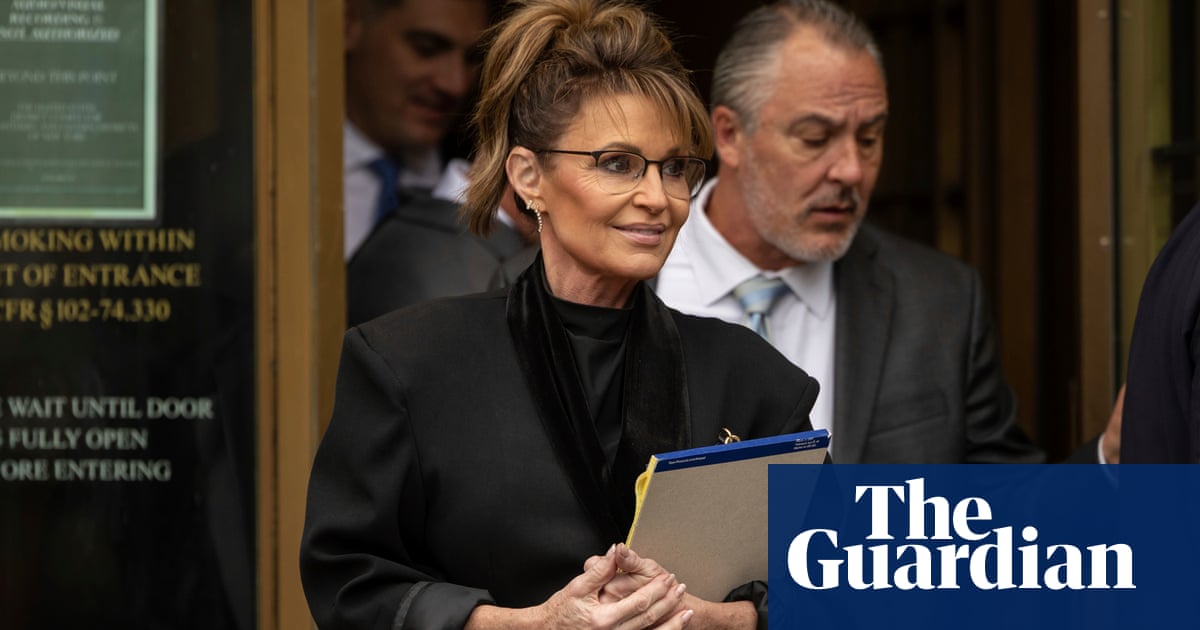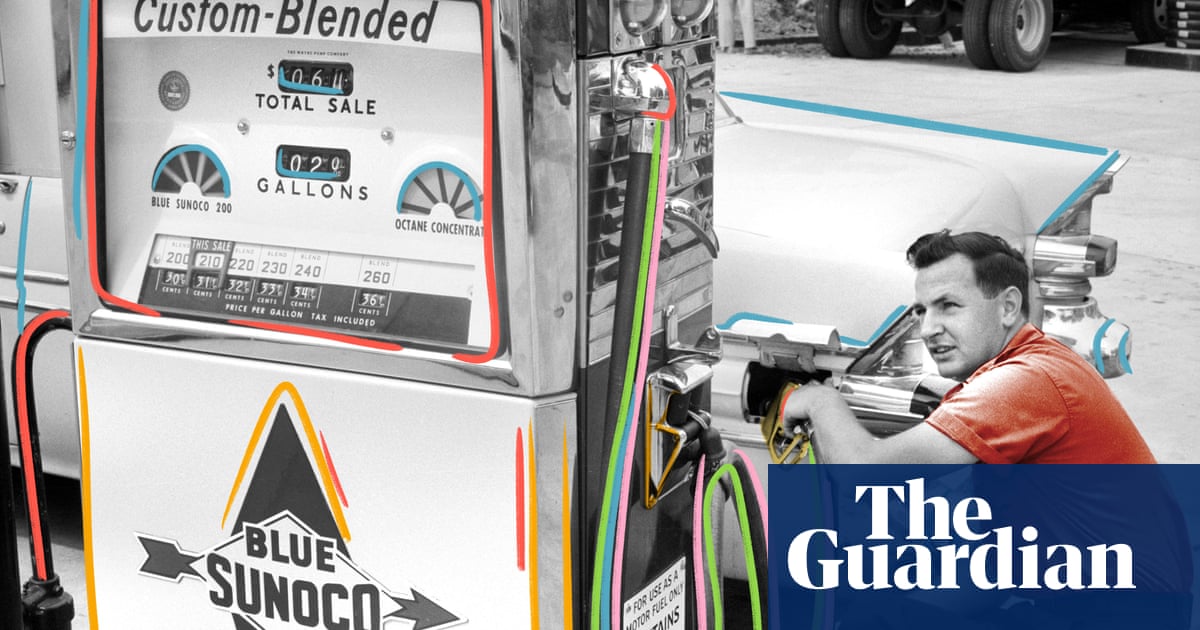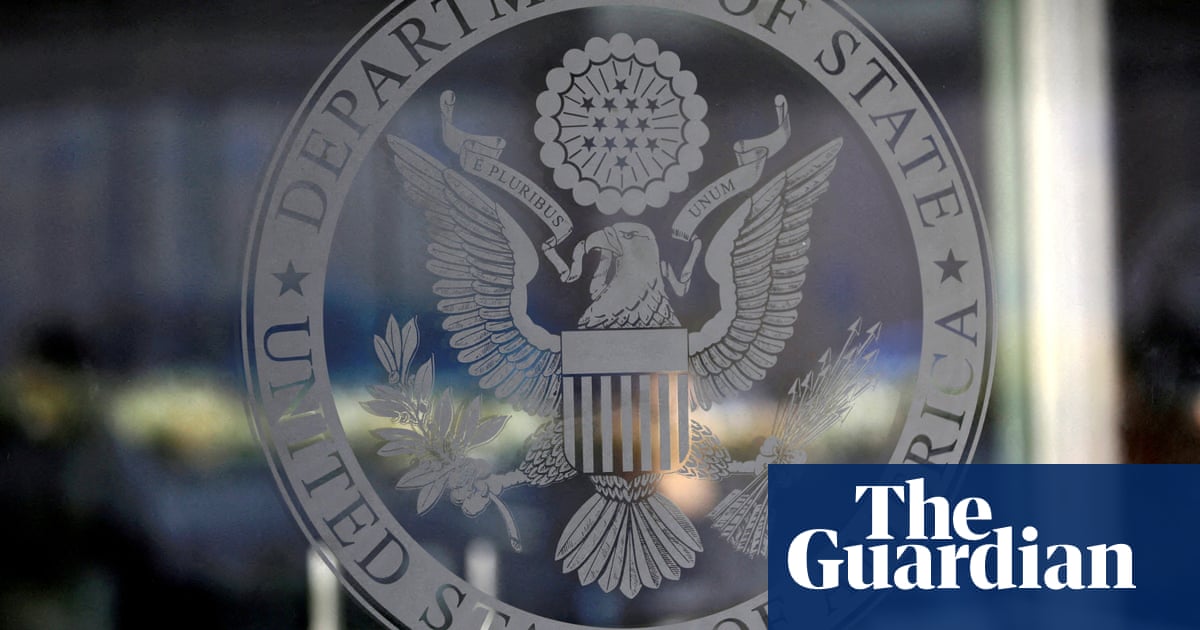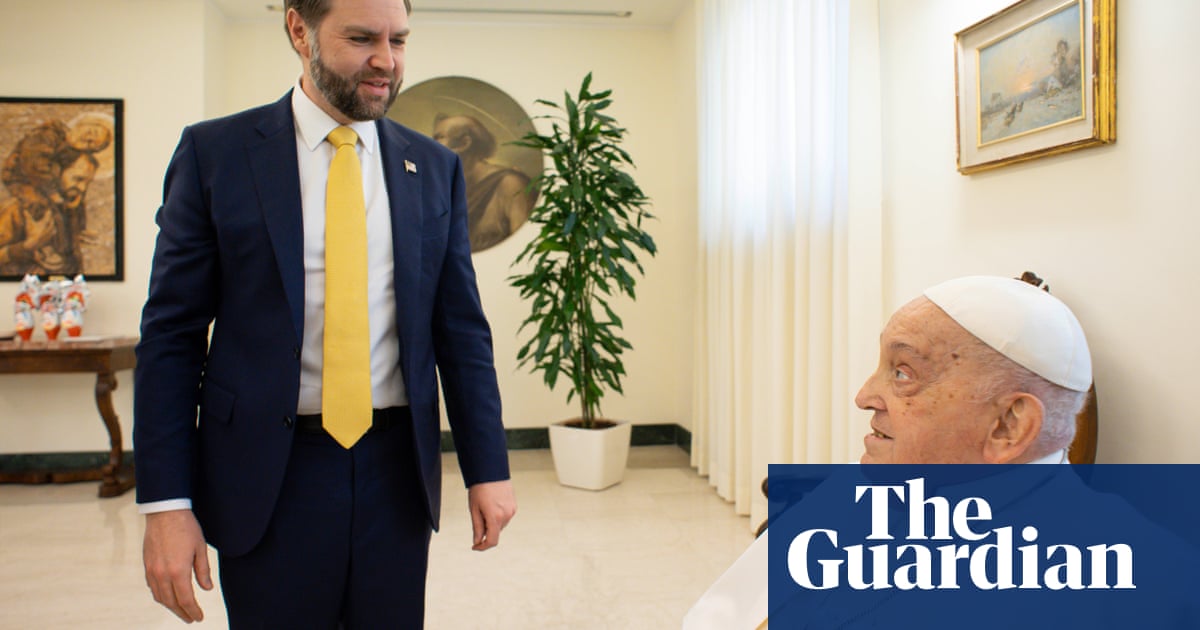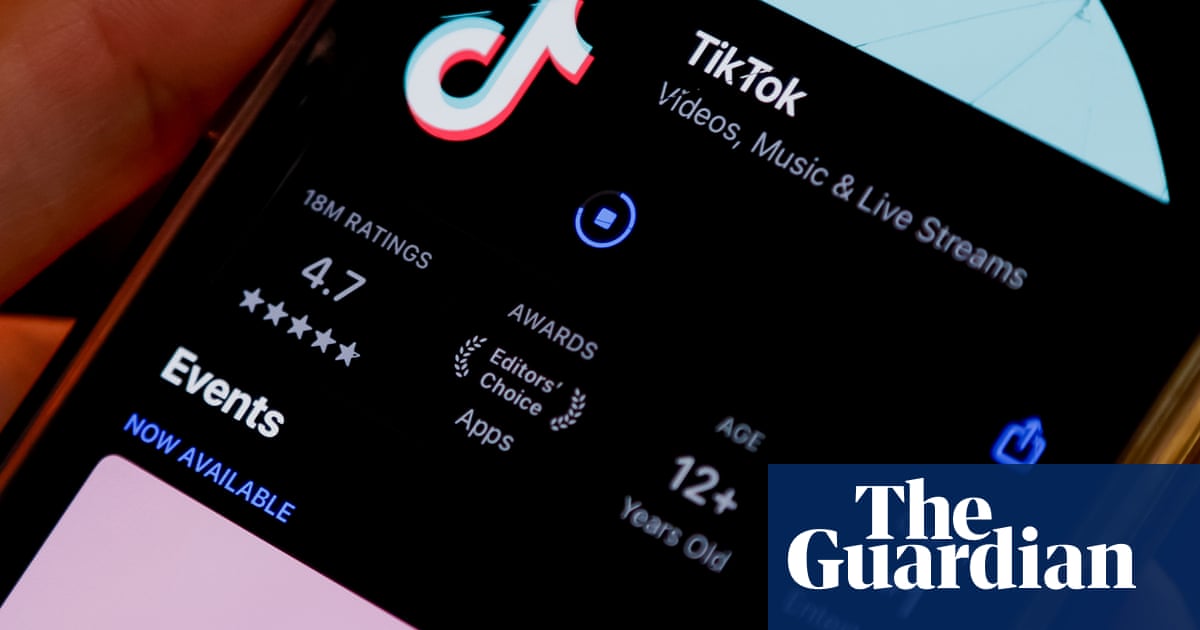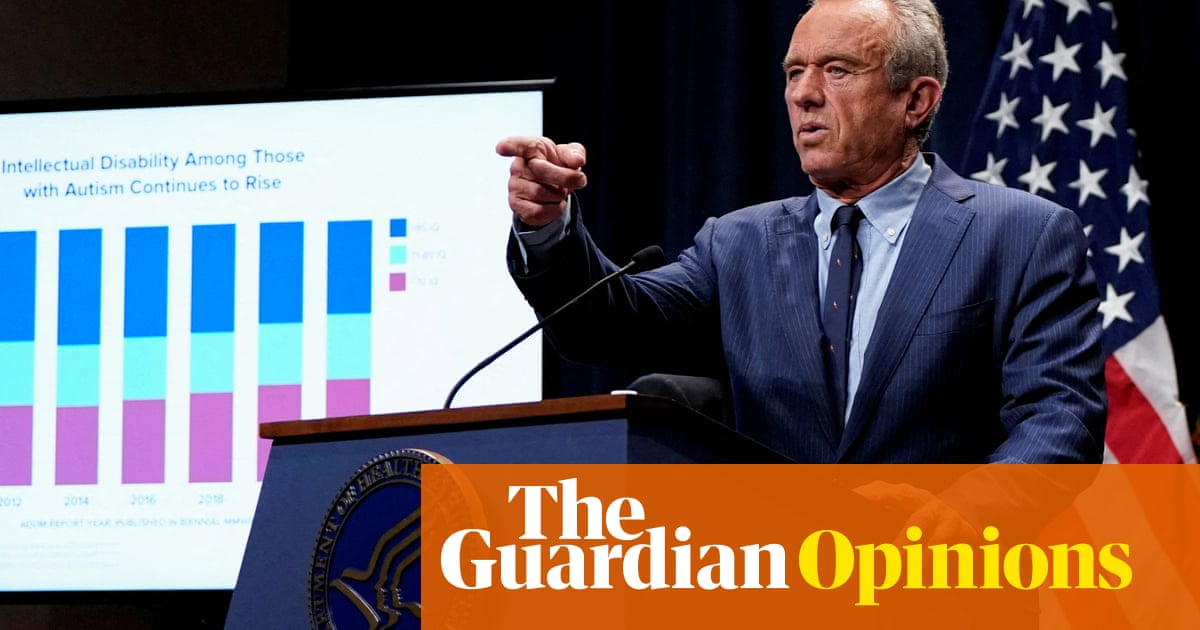The outdated, elite-dominated international charity sector needs to hand over the money and power to those in the global south for whom aid is intended, says the head of Oxfam GB, Halima Begum.
The current aid system is broken, Begum says, and can only be fixed by decolonising, shifting the centre of control away from rich countries with colonial legacies to the developing countries.
Begum, who took up the chief executive role just over a year ago, says that within five years Oxfam will be spending more of its money on the ground where it is needed, and allowing more decision making by local civil society groups and communities.
“It’s about solidarity, not charity. Images of victimhood and desperation; that’s the old, broken charity model. And that’s entirely understandable in its time and place, with its resonances of the Victorian sense of duty that was perhaps rather too centred on the donor,” says Begum.
The international aid sector has long faced criticism over structures that remain loosely based on colonial, outdated and wasteful charitable giving models, of having inflated operational costs in the global north while imposing western notions of support on communities who are not given sufficient voice in expressing their needs.
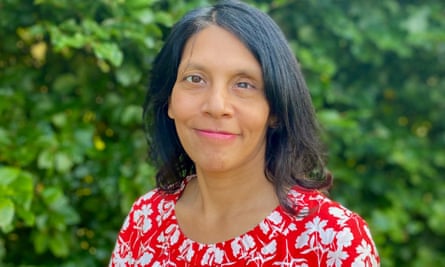
Begum’s call for the sector to reimagine how it works comes after years of growing challenges, with funding stretched by competing crises and countries cutting aid budgets.
Oxfam has also faced its own struggles, especially after its reputation was hit by sexual abuse scandals in Haiti and the Democratic Republic of the Congo.
While there have been pledges to make aid more effective through localisation – which would empower local non-governmental organisations (NGOs) – Begum believes there has been little effort to enact a real change.
She also believes that simply localising aid by asking local NGOs to implement the projects of international donors is not enough – decolonisation should be a more ambitious effort to transfer power away from richer countries with a colonial legacy.
“Much of the INGO [international NGO] system is still configured in the same way. We say we want to build from a place of understanding and solidarity, but our structures aren’t doing that. Our structures are, in fact, still very traditional and old-fashioned,” she says.
Begum believes that alongside ensuring a greater share of aid money is channelled directly to developing countries, there needs to be a new model on how to spend it that puts the power in the hands of local actors – and not just local charities or the country offices of international organisations, which are often run by the privileged.
Begum proposes that, instead, a possible combining of civil society groups and stakeholders with experience, who are rooted in the areas they work in, would make decisions on how aid money is used.
She said an example could be Sudan’s mutual aid system, neighbourhood-based relief systems funded by the diaspora, or the Women’s Rights Fund already supported by Oxfam, which gives money to women’s rights groups to fund what they see as priorities.
“Where the status quo prevails, you’re essentially left with that old trope of European, Asian or African elites in the big INGOs mapping the future of relatively poor black and brown people living in developing countries,” says Begum.
after newsletter promotion
“INGOs might want to commit, say, 20 to 30% of unrestricted funding directly to communities, particularly, in my opinion, women’s rights organisations who have a really comprehensive knowledge of local development needs. That way money is not passing from the donor country to the INGO offices in, say, Nairobi before it reaches the recipient, but going directly to the local partners.”
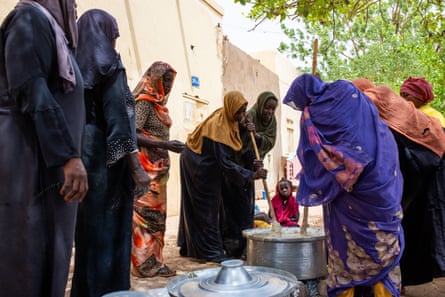
She gives the example of how the British government would consult before investing domestically, “rather than the top-down, paternalistic imposition of solutions that Whitehall might deem fit for the people of the area”.
Oxfam plans to increase the amount of funding going to the global south from its present 60% to 70%.
UK-based international teams would have to adapt, possibly by shifting away from direct involvement in international projects towards lobbying on issues such as the climate crisis and human rights. INGOs that do decolonise can push for systemic change on issues such as debt cancellation, so developing countries can spend more on public services instead of servicing debt to foreign governments, banks and corporations.
Begum says a significant shift in approach is needed to accept that even where fundraising is done in richer countries, decisions on how money is spent would be made elsewhere.
“We decolonise but we use our voice and power to hold our governments to account. It is quite exciting, but you need the whole sector to participate, not just us. And hopefully when people donate, they’ll do so with increasing understanding of the issues, and feelings of solidarity as well as duty,” says Begum. “There is a levelling up argument as well. We’ve created so much wealth and probably polluted so much of the world. It’s paying our just dues … That’s decolonisation.”

 3 months ago
57
3 months ago
57








